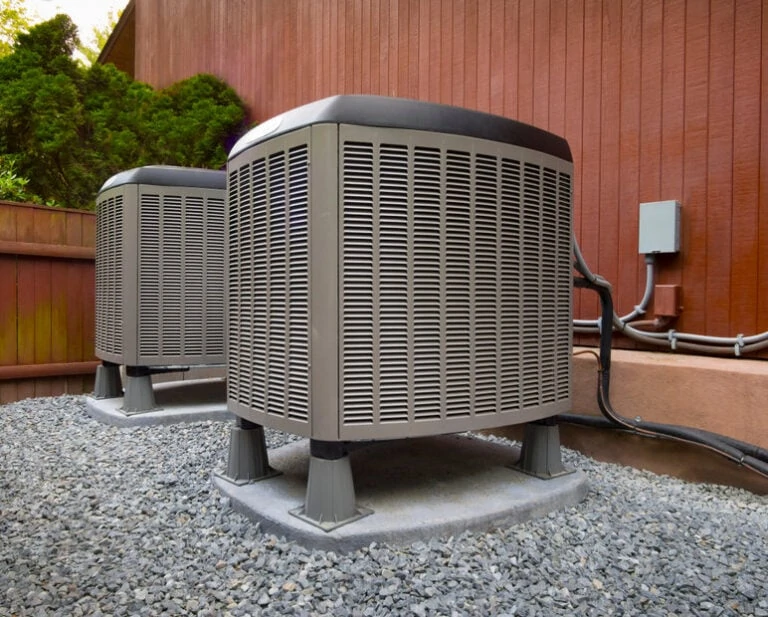According to the Old Farmer’s Almanac, most of the country will experience colder than normal temperatures this winter. With the mercury already dropping and colder weather starting to settle in, the last thing any homeowner wants to deal with is a broken furnace or boiler. But when an old heating system fails in the middle of winter, homeowners will be faced with the tough and often expensive decision of whether to repair the existing system or purchase a new one.
Repairs on an existing furnace or boiler may be the least expensive immediate option, but could cost consumers more in the long run since older systems tend to break down over and over while consuming more energy, and drive up utility bills more than newer systems. However, there are times when simple repairs can prolong the life of an older furnace or boiler, making replacement a less immediate need.
According to Ken Ely, a home heating and energy efficiency expert with Lennox – a leading provider of home comfort systems – homeowners should ask the following four questions before making the decision whether to repair or replace:
1. Is the furnace or boiler on its last leg? Excessive energy consumption and frequent repairs are the trademarks of a system at the end of its useful life. If the heating system is more than 15 years old, replacing the aging system with a new ENERGY STAR-qualified system can save time, money, and headaches – and keep you warmer and more comfortable in the long run. If the system is less than 15 years old, routine maintenance may be the way to go. In fact, an annual check-up can significantly increase the heating system’s performance and extend the life of the unit.
2. Are your energy bills going up, up and up? While the cost of home heating oil and natural gas is on the rise, an older, less efficient heating system may also be the culprit when it comes to high energy bills. By replacing an older furnace that is 60 percent efficient with one that is 95 percent efficient, homeowners can save approximately 57 percent on energy bills and up to $5,513 over a five-year period. Energy calculators, such as the one available on lennox.com, can help consumers compare the savings of different high-efficiency systems and determine whether to repair or replace an older unit.
3. Were you feeling left out in the cold even before the heating system stopped working? Duct problems, inadequate sealing or inadequate insulation can create hot and cold spots in the house. When making the decision to repair or replace a heating system, talk with a reputable home heating and cooling contractor about your home comfort issues to determine if you need to replace the existing system or if the issues can be resolved with repairs or duct sealing.
4. Is the heating system still protected by a warranty? If the existing system is still under warranty, it may make sense to have the furnace or boiler repaired depending on the type of coverage the product warranty provides. If there is no warranty left on the existing system, consumers may want to buy a new heating system that comes with an entirely new warranty for added peace of mind.



